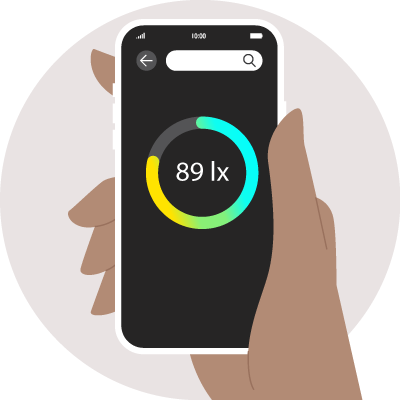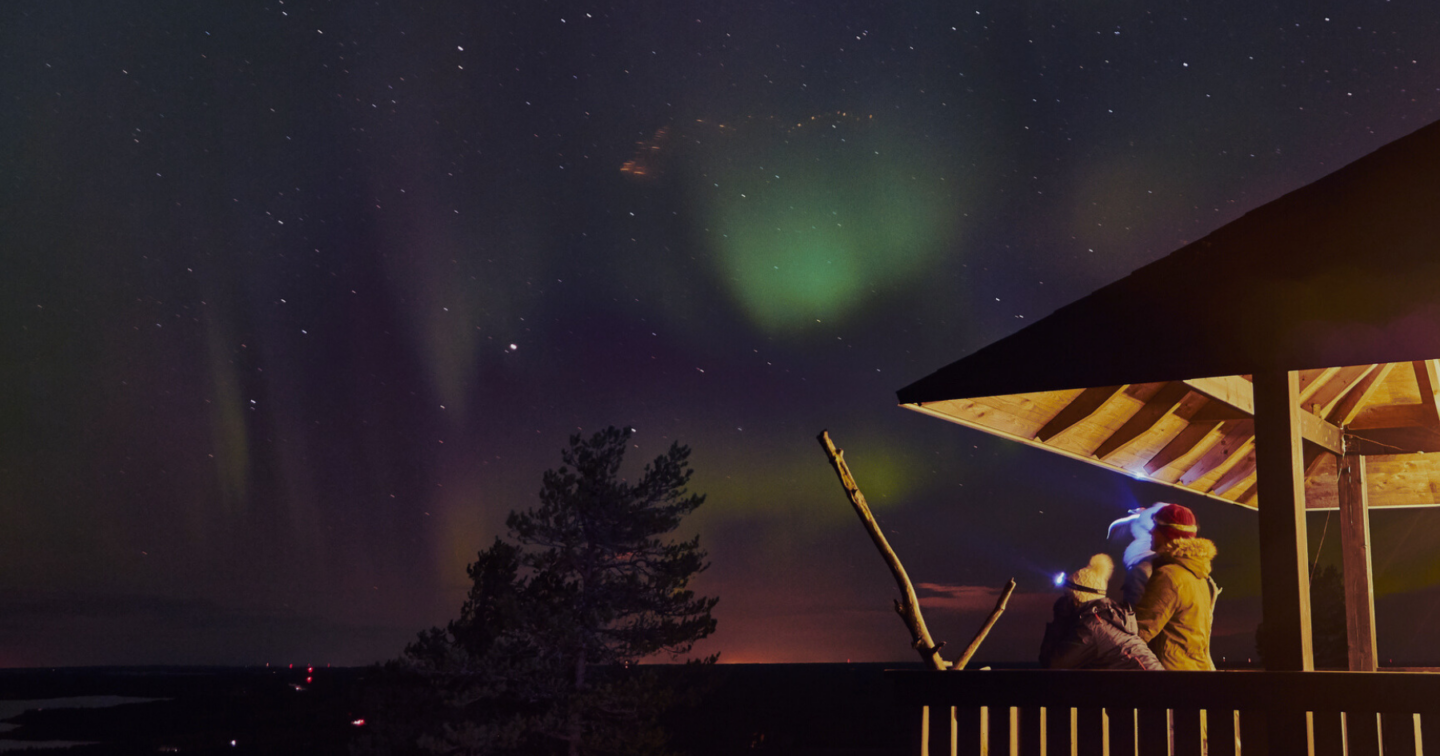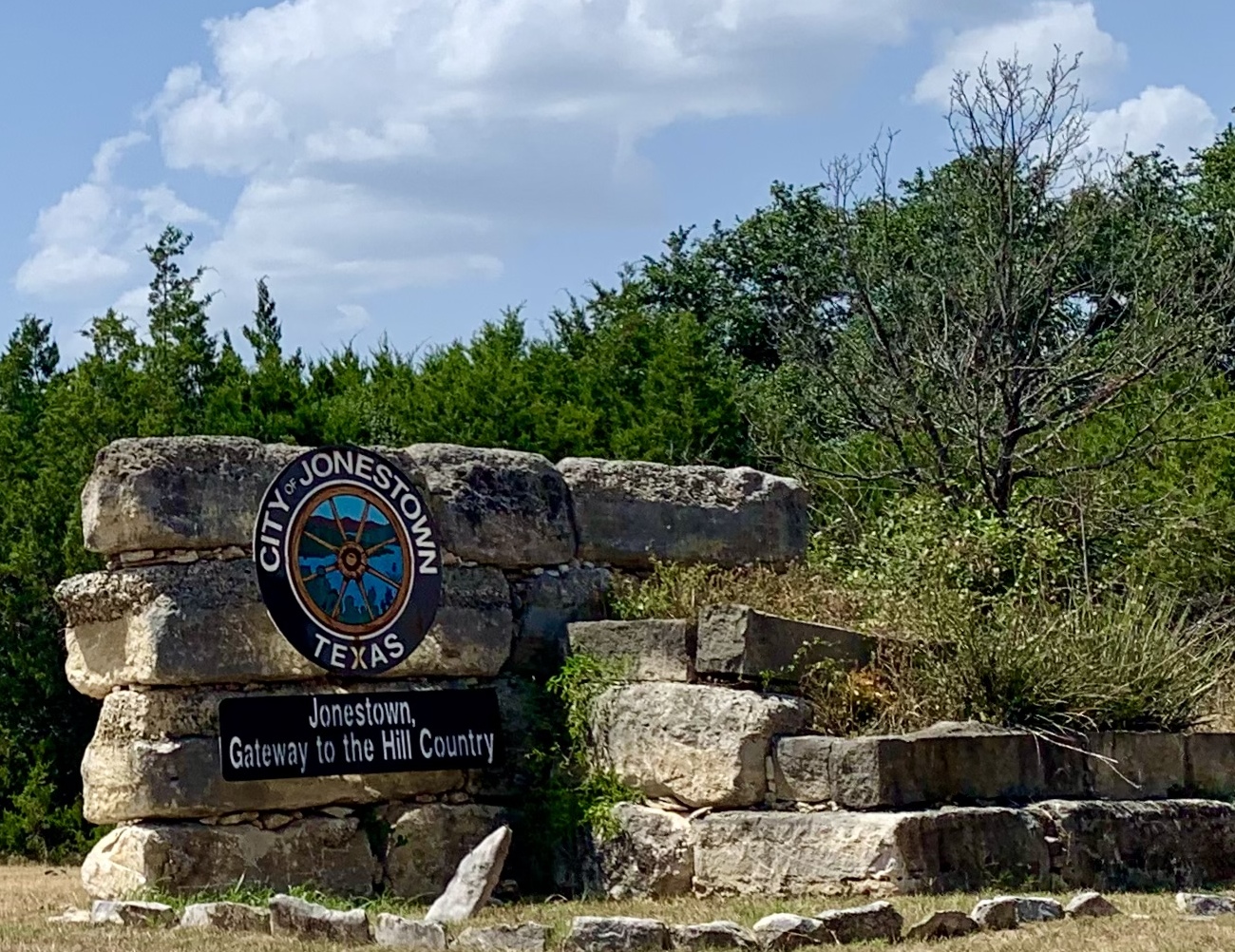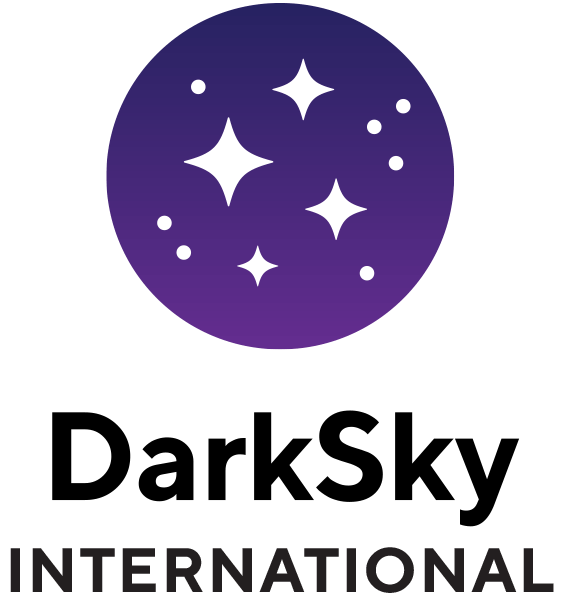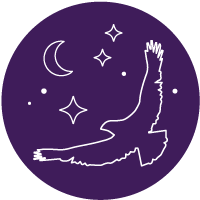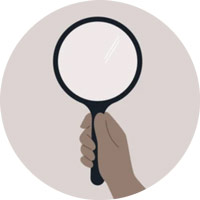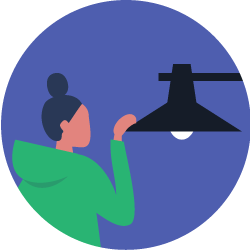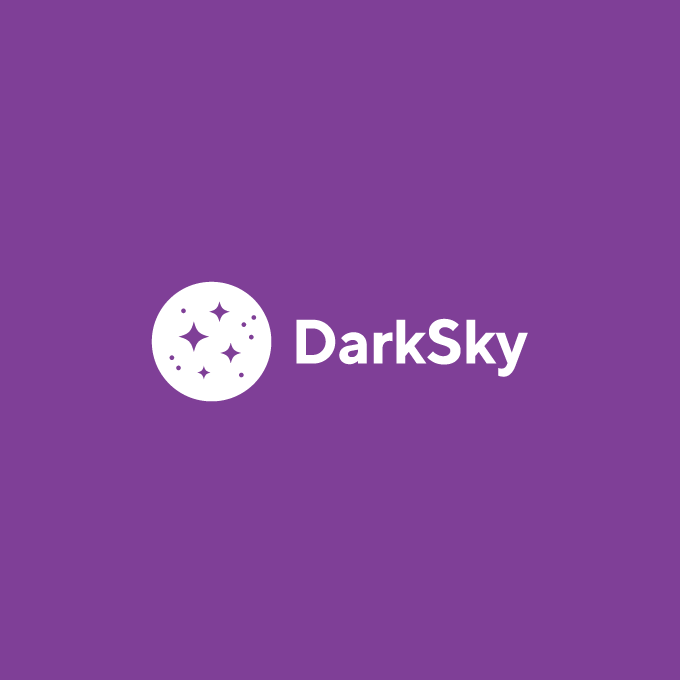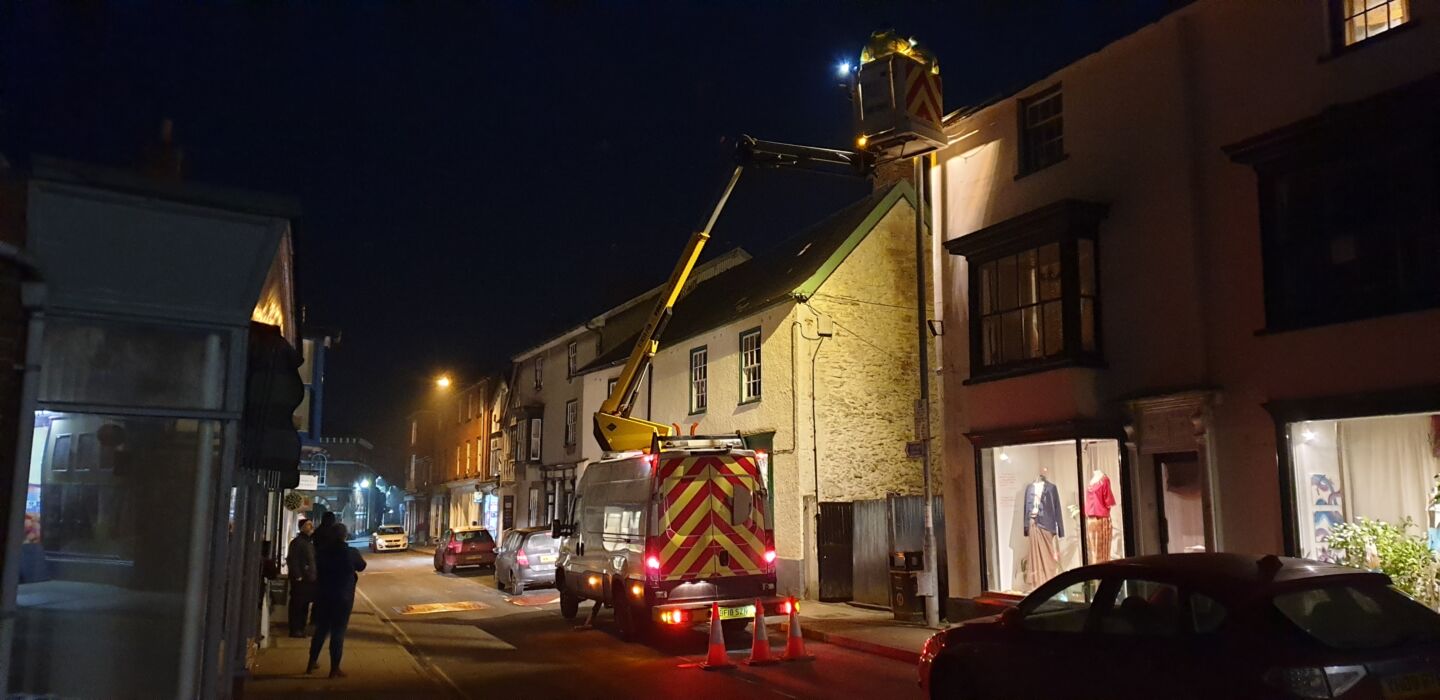
DarkSky Awards Committee
This committee reviews the nominations and chooses the winners of our annual DarkSky Awards.
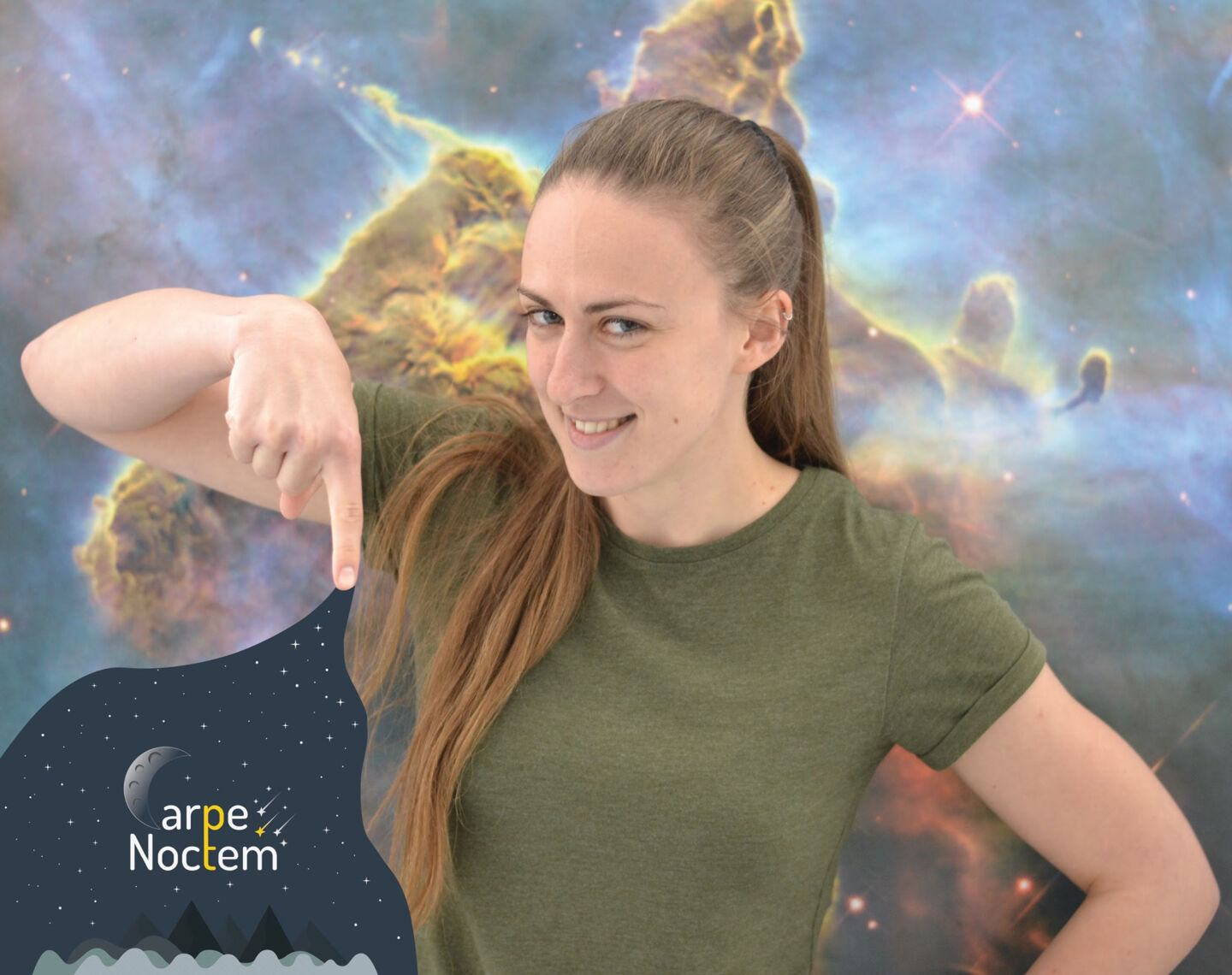
Dajana Bjelajac
Chair
Serbia
Dajana Bjelajac is currently a teaching assistant at the Faculty of Sciences in Novi Sad and holds a Ph.D. in geosciences. The main topic of her dissertation and her scientific interests are tightly related to the relationship between urbanization processes and light pollution, astronomy tourism, and environmental protection.
She is one of the founders of an ecological society called Carpe Noctem (Seize the Night), the first organization in Serbia to primarily educate people about light pollution of the environment. So far, she has managed to organize various public events that gathered more than 3,000 people in the nighttime environment, successfully coordinated several popular scientific projects related to light pollution, and published a manual about light pollution in the Serbian language, which has been distributed to more than 1,000 schools in Serbia.
Besides scientific and educational activities, she is also involved in developing astronomy tourism in protected areas of Serbia.
https://www.linkedin.com/in/dajana-bjelajac/
https://twitter.com/geo_marauder
https://www.facebook.com/dajana7bjelajac/
https://www.instagram.com/bjelajac.d/
https://www.researchgate.net/profile/Dajana-Bjelajac
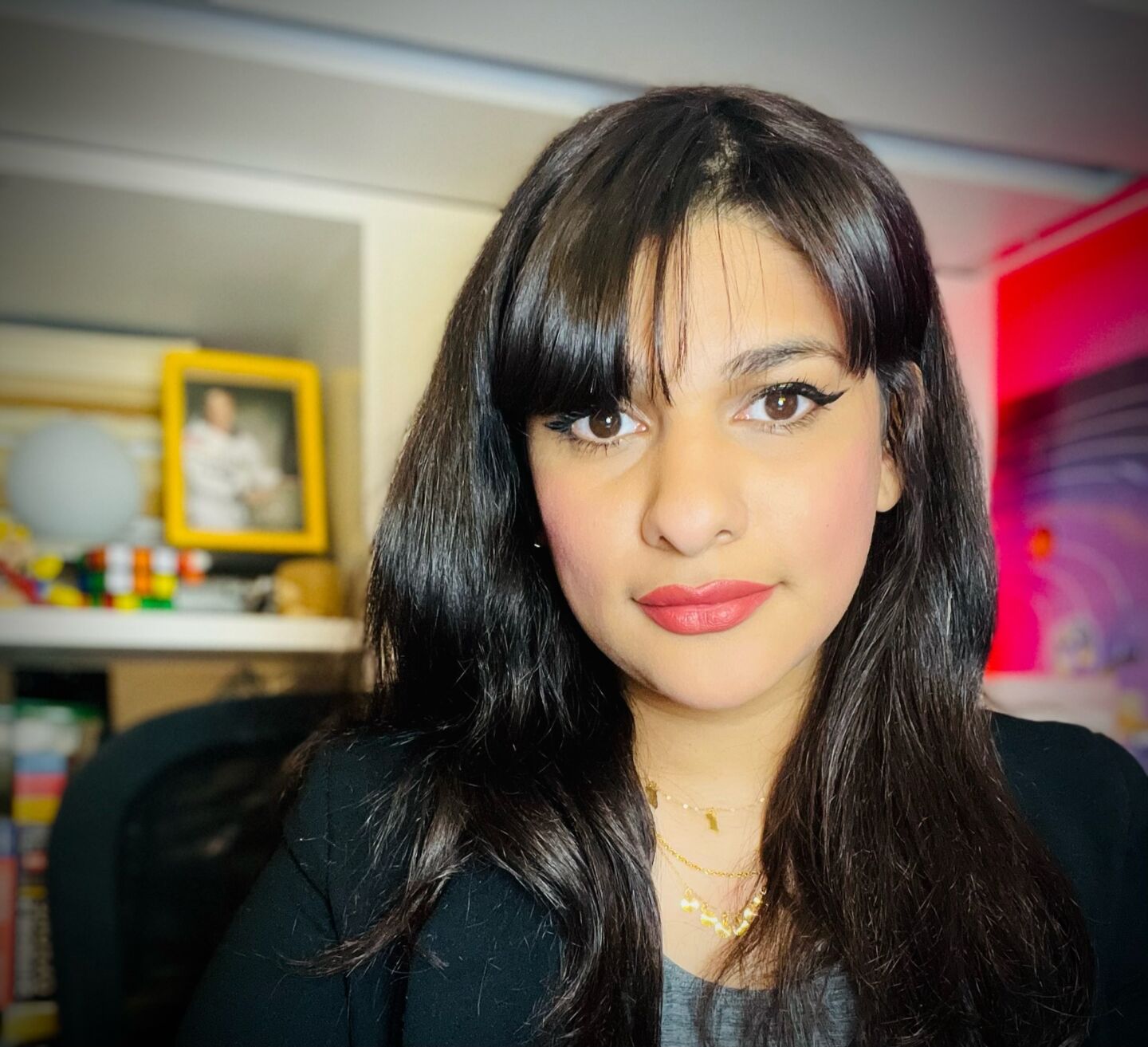
Myriam Alqassab
Bahrain
Myriam Alqassab is the founder and president of Bahrain Stargazers Astronomy Club, an active associate of IAU Commission C2, national outreach coordinator (NOC) for Bahrain, DarkSky Delegate, and IAU dark sky ambassador. She has been communicating astronomy with the public in her region and advocating for dark skies through education and outreach activities since the foundation of the Bahrain Stargazers club in 2016.
www.linkedin.com/in/myriam-alqassab
https://www.facebook.com/stargazersbh/
https://instagram.com/astromimijay?igshid=YmMyMTA2M2Y=
https://stargazersbh.wixsite.com/bsac
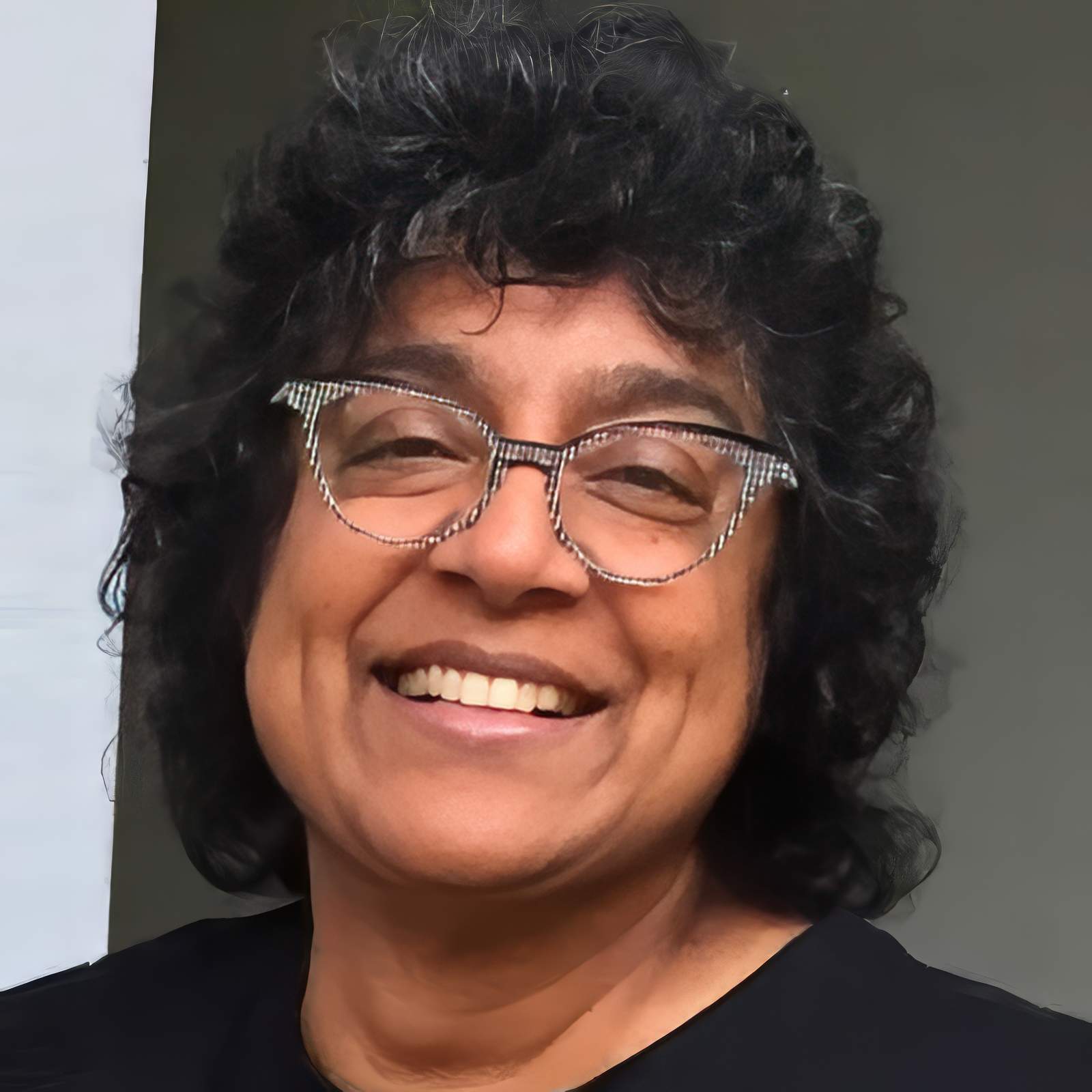
Nalayini Brito-Davies
Vice President
New Zealand
Nalayini holds a Master of Science degree in astronomy from Swinburne University in Australia. She is currently the president of the Royal Astronomical Society of New Zealand and is the chair of AstroNZ, a registered charity that is the country’s leading distributor of astronomical equipment and an important charity for the promotion and education of astronomy and dark skies.
With a Master of Science degree in finance from London Business School, University of London, she is also a qualified Chartered Accountant and holds a Financial Studies Diploma in banking from the Institute of Bankers, U.K.. Having previously worked for Kuwait Asia Bank, the Bank of New Zealand, and Citibank where she was a Vice President, Nalayini is presently Executive Director of Vinstar Consulting, one of New Zealand’s leading economic and financial advisory service providers, which has government clients in 35 countries worldwide.
Nalayini was instrumental in the successful effort to establish Aotea / Great Barrier Island as a certified Dark Sky Sanctuary. She also co-leads the promotion of New Zealand’s journey to become a dark sky nation. She has spoken at Dark Sky conferences and workshops around the world.
James Lowenthal
U.S.
James Lowenthal is professor of astronomy at Smith College in Massachusetts, USA, and uses some of the largest telescopes on Earth and in space to study distant galaxies. He started his astronomy career as an amateur astronomer and astrophotographer, and still uses his homemade telescope to photograph the skies from his backyard. He is active in dark skies advocacy at all levels: at Smith College (Northampton, Massachusetts), at the national level through the American Astronomical Society‘s Light Pollution Committee, and internationally with the International Astronomical Union‘s Site Protection Committee and Dark & Quiet Skies conferences and reports, and of course with DarkSky.
He speaks widely on the importance of dark skies, and he mentors his students in science communication and light pollution issues. He believes that partnering with environmental conservationists, biologists, public health experts, urban and landscape planners, and lighting professionals is key to stemming and reversing the growth of light pollution. He spends as much time outside under the stars as possible.
https://www.facebook.com/james.lowenthal.79/
https://www.instagram.com/james.lowenthal/
Andreas Papalambrou
Greece
Andreas Papalambrou is the founder of DarkSky Greece and its current leader. He has studied electrical and computer engineering and works at the University of Patras. However, astronomy has been his long-time passion and is an active amateur astronomer and astrophotographer. Light pollution seemed a field where he felt he could contribute, combining his skills in electrical engineering and astronomy. In 2008 he conceived the idea of a Greek light pollution campaign and started promoting the idea at the meeting of Greek amateur astronomy clubs. It was a somewhat lonely road at first, so he went on and founded the DarkSky Greece chapter in 2016.
He has completed a Master of Arts in Lighting Design which gave him a much stronger knowledge of lighting, which has been extremely useful in his light pollution efforts. In Greece, he is mostly known for having founded Greece’s largest online community, AstroVox.gr, and the Astronomical Society of Patras “Orion.” In 2015 he received the Greek amateur astronomy conference award for his longtime contribution to astronomy outreach in Greece.
https://www.facebook.com/andreas.papalambrou/
Pedro Sanhueza
Director, Nuestro Equipo
Chile
Pedro Sanhueza is a specialist in visual environment and efficient lighting and has studied in education, social sciences (economics and sociology), and environment.
He has been in charge of the Office for the Protection of the Night Sky of Northern Chile (OPCC) since its creation in 2000. This is a joint venture created by the Chilean Ministry of Environment, AURA, and the other international consortiums that operate optical observatories in Northern Chile: CARSO (LCO), ESO, and GMTO. As the OPCC Director, he has collaborated with the elaboration of three light pollution norms for the astronomical regions, and now, with the last update, this legislation will cover the whole country and will be more environmentally oriented. This has been one of the main personal and institutional objectives of the OPCC.
Pedro is a permanent collaborator with DarkSky and the IAU Center for the Protection of the Dark and Quiet Skies (CPS), adding to his activities the concern about the adverse effects of satellite constellations on astronomy, the environment, and culture.
https://www.linkedin.com/in/pedro-sanhueza-pérez-87089236
https://twitter.com/PedroSanhueza
https://www.facebook.com/pedroandres.sanhuezaperez/about_details
https://twitter.com/PedroSanhueza
Ramotholo Sefako
South Africa
Ramotholo Sefako is an astronomer and head of telescope operations at the South African Astronomical Observatory (SAAO), South Africa. He has a Ph.D. in astrophysics from Northwest University, South Africa. He is a member of the International Astronomical Union (IAU). He was a member of the Organizing Committee of the IAU Division B, Commission 50: Protection of Existing & Potential Observatory Sites. He was on the Scientific Organizing Committees for the IAU General Assembly Focus Meeting #21 on Mitigating Threats of Light Pollution and Radio Frequency Interference, held in Hawaii in August 2015, and the IAU Special Session 17 (SpS17) on Light Pollution: Protecting Astronomical Sites and Increasing Global Awareness through Education, held in Beijing, 2012. He is currently a member of the Organizing Committee of Inter-Division B-C Commission on Protection of Existing and Potential Observatory Sites.
Ramotholo’s responsibilities at SAAO include protection of the night skies at SAAO’s observing station against light and dust pollution through stakeholder engagements and regulatory legislation meant to preserve areas that are suitable for optical and radio astronomy in South Africa. These are done by working together with the Astronomy Management Authority (AMA) within the national government Department of Science and Innovation.




